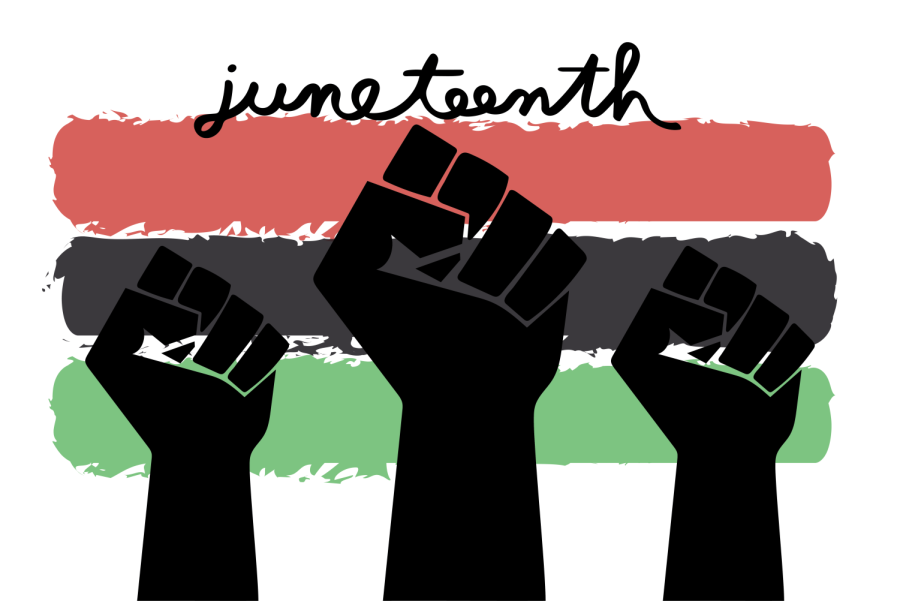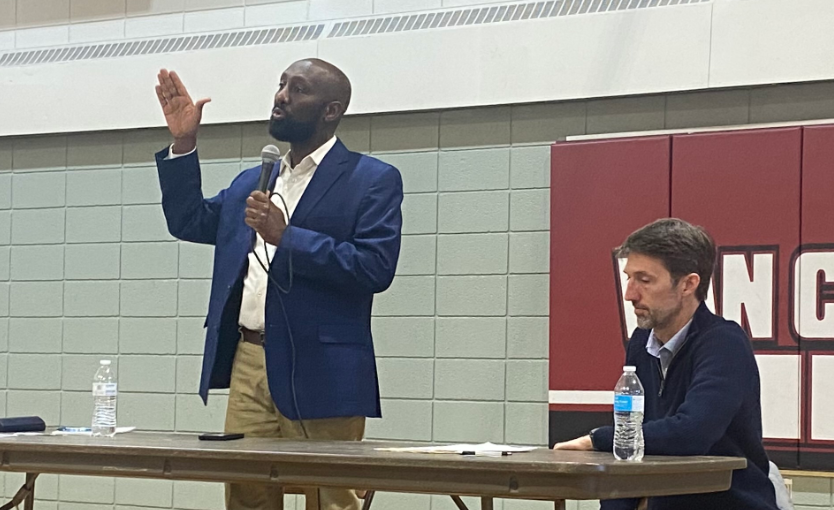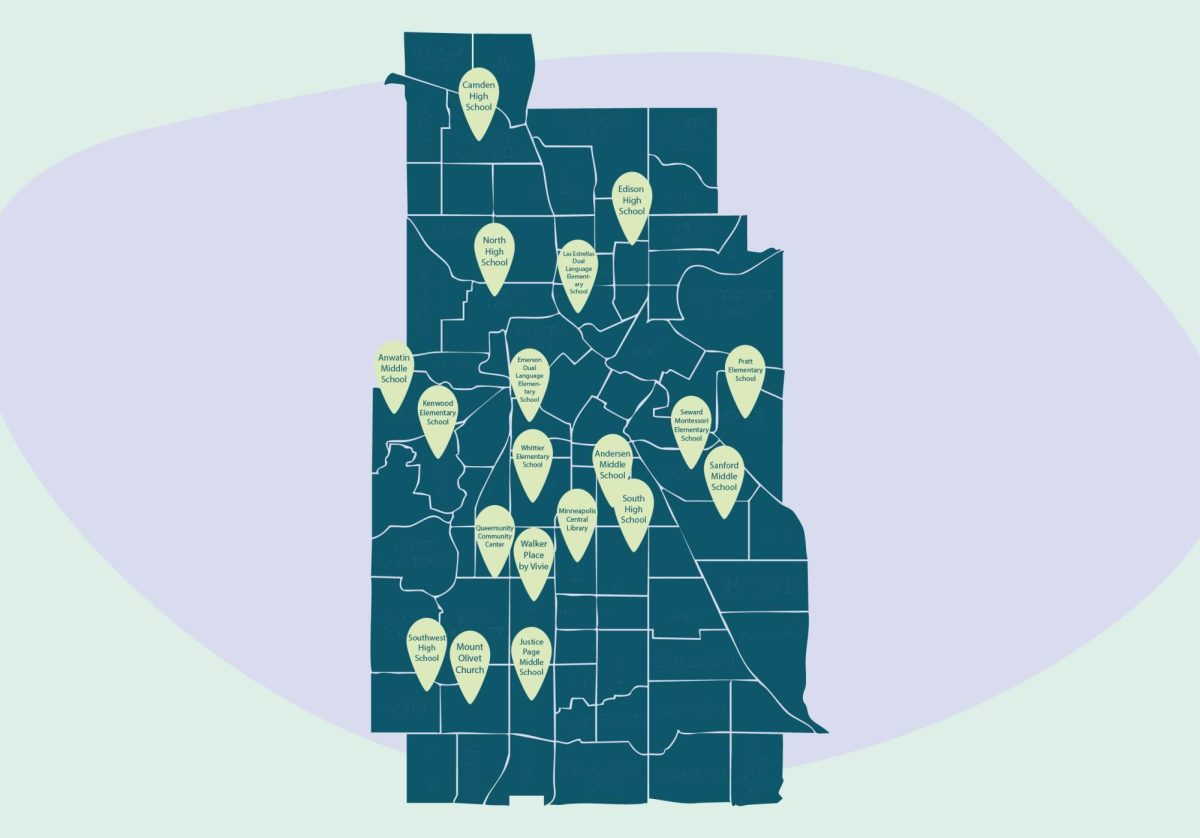Following approval by the Faculty Senate on Jan. 20, the University of Minnesota said it will not hold classes in recognition of Juneteenth, a federal holiday that commemorates the end of slavery in America.
A ‘no classes day’ may allow students and staff the time and space to celebrate and reflect on the significance of Juneteenth. This decision and approval by the Faculty Senate also creates the potential of making Juneteenth an official University holiday in the future, which would close the institution for all students, faculty and staff and make it a paid holiday, according to Stacey Tidball, chair of the Academic Calendar Task Force and interim associate vice provost for Academic Support Resources.
On June 19, 1865, federal troops arrived in Galveston, Texas to inform enslaved African Americans of the Emancipation Proclamation for the first time and free them. At this point, the Emancipation Proclamation had been in effect for more than two years.
President Joe Biden officially recognized the day as a federal holiday last year. Martin Luther King Jr. Day in 1983 is the most recent federal holiday to be instituted.
“I would just say Juneteenth recognition is a piece of the puzzle but it’s much more complicated and deeper from my perspective,” African American and African studies professor Rose Brewer said.
Alice Dweh, a spokesperson from the African Student Association said she believes it is important for people to educate themselves because there is additional history surrounding the end of slavery in the United States that people may not understand.
“People don’t understand that once the Emancipation was signed, people weren’t as free as people thought, I think it’s still a misconception now,” Dweh said.
Ivana Ndege, the Minnesota Student Association diversity and inclusion committee director, said declaring Juneteenth as a no classes day is a start to appropriately acknowledging the day and its history.
“In recent years, more and more people outside of the Black community have started to recognize and realize the history of Juneteenth,” Ndege said.
In 2020 and 2021, President Joan Gabel acknowledged Juneteenth in emails sent out across the University system. The Black Student Union also hosted Juneteenth events for students and alumni in the last two years.
Ndege said she hopes the University will put effort into supporting the Black community on campus.
“I hope to see [the University] having a time for student groups on campus, for example, to celebrate and uplift each other at this time as they reflect on its history,” Ndege said.
Tidball said she was pleased with the support from other University communities and committees.
“We wouldn’t have gone to the Faculty Senate if we thought somehow we weren’t ready for that conversation,” Tidball said.
However, Ndege said she is concerned that students and staff will not learn about the history and acknowledge the importance of Juneteenth, now that classes will not be held.
“I am weary that folks will … brush it off, especially with my experience and people’s response to Rev. Dr. Martin Luther King Jr. day,” Ndege said. “My concern is just people thinking ‘Well, I’m going to benefit from this because I have a break from class.’”
Although acknowledging Juneteenth is a step in the right direction, Dweh said she doesn’t think it “really addresses the issue or even gives people an understanding of what exactly is being celebrated.”
Brewer said she believes the University community needs more education on the history and implications of Juneteenth.
“There’s a good piece of education that needs to go on in relation to Juneteenth … it will be important so that students could get a deeper and systematic sense of the history,” Brewer said. “It’s a start but there’s certainly more that could be done.”
To make Juneteenth an official University holiday would require more discussion around finances and consultation with Human Resources, Tidball said.
“I just hope that students will take the time to actually learn about its history and how communities have been affected by the harm of passive enslavement, by supporting the local communities and supporting Black businesses,” Ndege said.



















